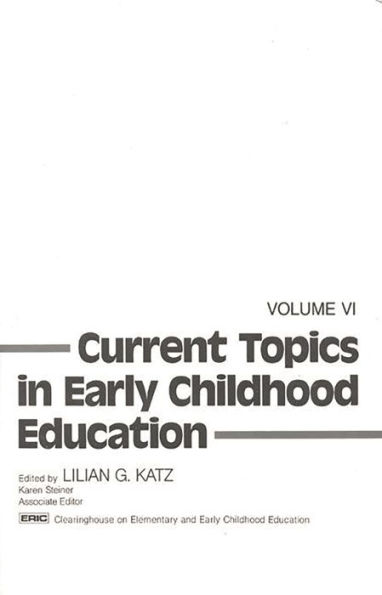Home
Early Works of Orestes A. Brownson: Volume 6: Life by Communion, 1842
Barnes and Noble
Loading Inventory...
Early Works of Orestes A. Brownson: Volume 6: Life by Communion, 1842
Current price: $47.00

Barnes and Noble
Early Works of Orestes A. Brownson: Volume 6: Life by Communion, 1842
Current price: $47.00
Loading Inventory...
Size: OS
*Product information may vary - to confirm product availability, pricing, shipping and return information please contact Barnes and Noble
The sixth volume, covering the year 1842, includes essays and reviews that reflect a gradual unfolding of Orestes A. Brownson's understanding of life as communion. The year 1842 was an annus mirabilis of significant religious and intellectual changes in his life. He departes ideologically from Unitarianism, although he retained much of his former religious or theological idealism. He returned to preaching, a ministerial role he had abandoned in 1839, but with a new sense of the preacher's mission and authority. He criticized Victor Cousin's Eclecticism, although he continued his past allegiance to Cousin's transcendental philosophical framework. Behind these intellectual changes was a fundamental religious transformation that can only be described as a religious conversion. that conversion was occasioned, but not caused, by his reading of Pierre Leroux, the ex-Saint-Simonian and religious humanist and socialist, whose philosophical method and doctrine of life by communion Brownson appropriated for his own religious purposes. Gradually throughout the year Brownson thoroughly transformed Leroux's philosophy by applying it to an understanding of Christianity that departed significantly from his earlier Unitarian and Transcendentalist perspectives. Reading Leroux became for Brownson the occasion for what he designated as a "complete revolution, not in religious belief, but in theological science." The essay and reviews contained in this volume illustrate not only a religious movement away from Brownson's "spiritual father," William Ellery Channing, but also a gradual shift in his theories of government (from democracy to constitutionalism), politics, society and communal living (Brook Farm), and philosophy (from Eclecticism to what he called "Synthetic Philosophy"). The transformations made explicit or hinted at in this volume will become much more radical in 1843 and 1844, years covered in volume seven.
The sixth volume, covering the year 1842, includes essays and reviews that reflect a gradual unfolding of Orestes A. Brownson's understanding of life as communion. The year 1842 was an annus mirabilis of significant religious and intellectual changes in his life. He departes ideologically from Unitarianism, although he retained much of his former religious or theological idealism. He returned to preaching, a ministerial role he had abandoned in 1839, but with a new sense of the preacher's mission and authority. He criticized Victor Cousin's Eclecticism, although he continued his past allegiance to Cousin's transcendental philosophical framework. Behind these intellectual changes was a fundamental religious transformation that can only be described as a religious conversion. that conversion was occasioned, but not caused, by his reading of Pierre Leroux, the ex-Saint-Simonian and religious humanist and socialist, whose philosophical method and doctrine of life by communion Brownson appropriated for his own religious purposes. Gradually throughout the year Brownson thoroughly transformed Leroux's philosophy by applying it to an understanding of Christianity that departed significantly from his earlier Unitarian and Transcendentalist perspectives. Reading Leroux became for Brownson the occasion for what he designated as a "complete revolution, not in religious belief, but in theological science." The essay and reviews contained in this volume illustrate not only a religious movement away from Brownson's "spiritual father," William Ellery Channing, but also a gradual shift in his theories of government (from democracy to constitutionalism), politics, society and communal living (Brook Farm), and philosophy (from Eclecticism to what he called "Synthetic Philosophy"). The transformations made explicit or hinted at in this volume will become much more radical in 1843 and 1844, years covered in volume seven.

















